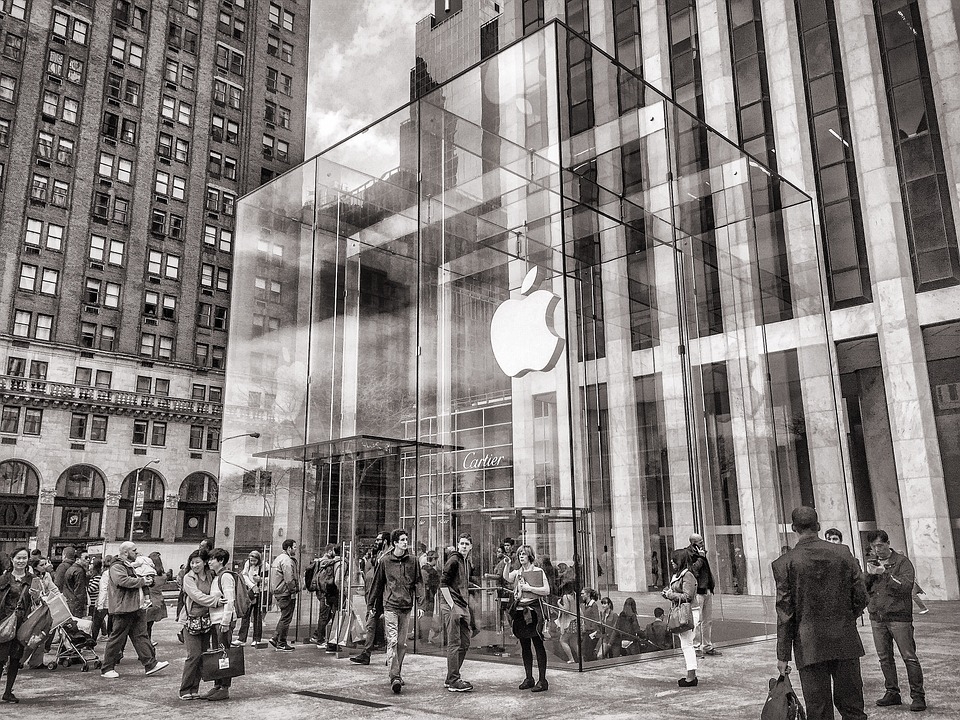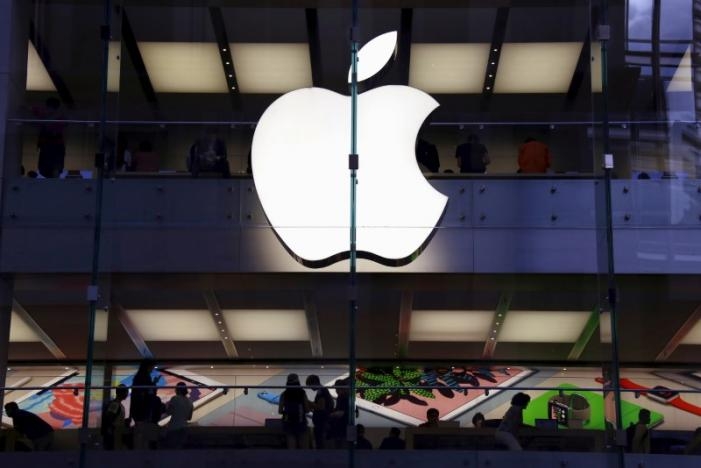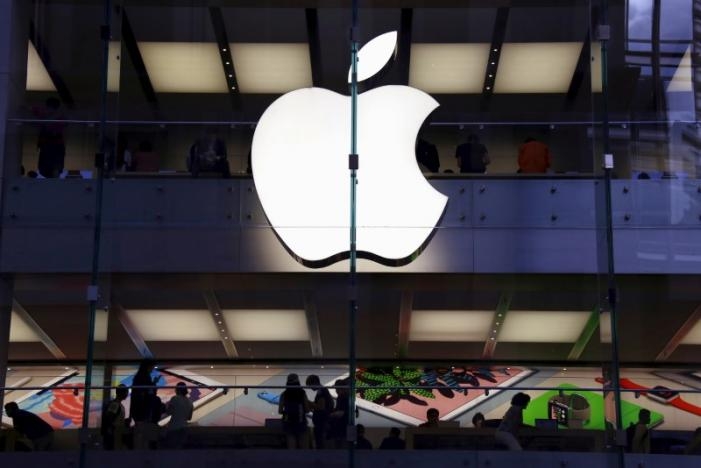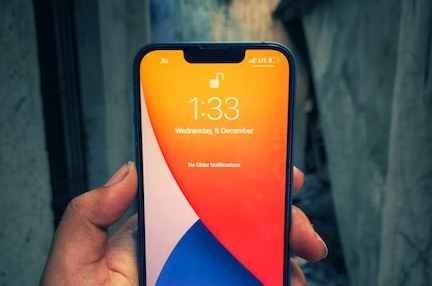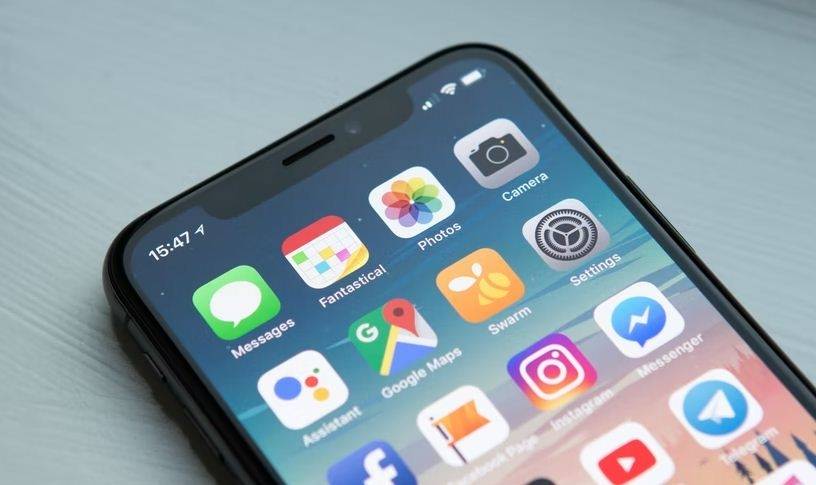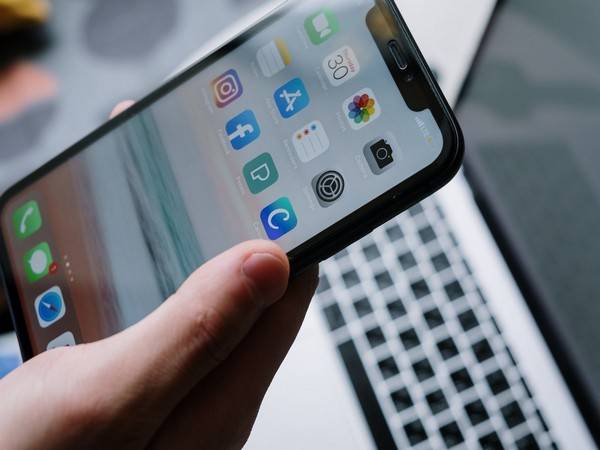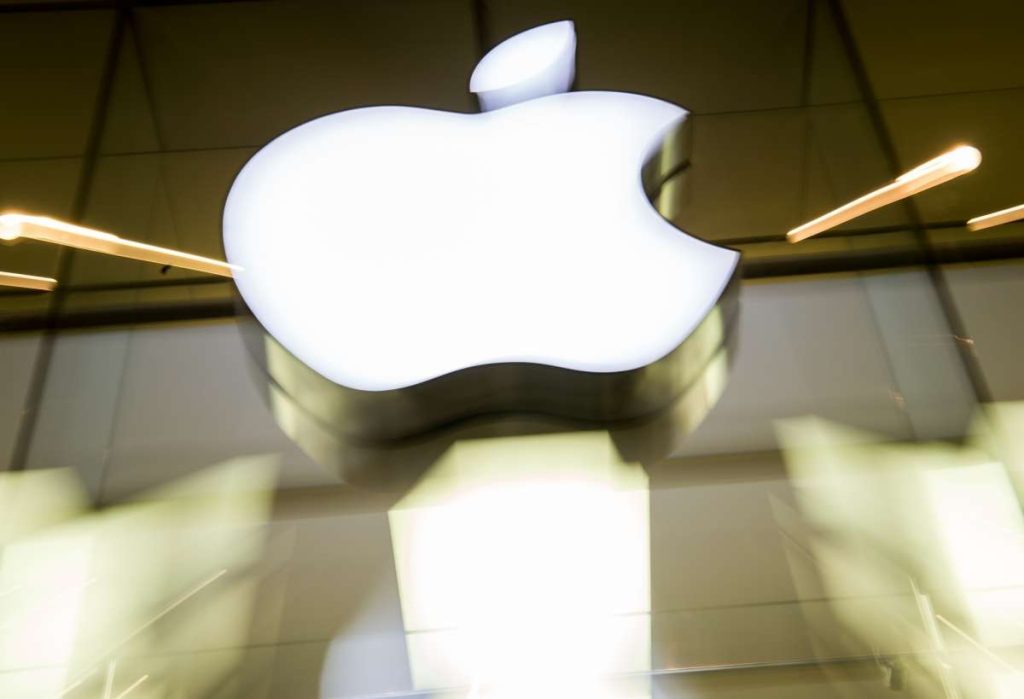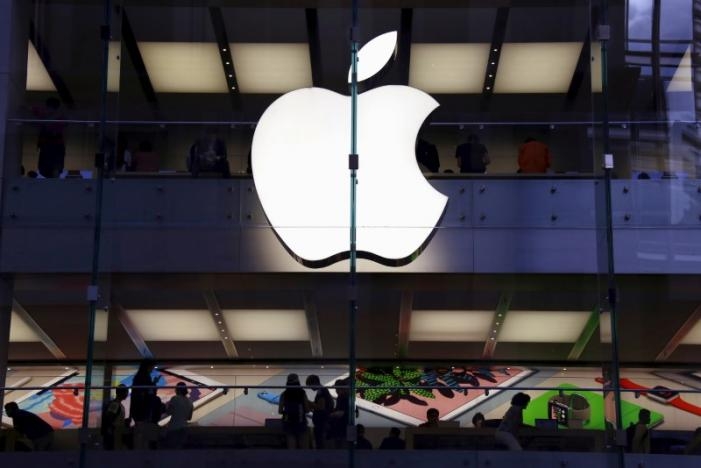The Apple suppliers, along with a known camera parts maker, proposed to set up a unit on about 23 acres of land with a proposed investment of Rs 2,800 crore….reports PAWAN KUMAR TRIPATHI
With Apple eyeing to ramp up manufacturing in India amid Covid-related supply chain issues in China, the Yamuna Expressway Industrial Development Authority (YEIDA) said on Wednesday that some of Apple suppliers have applied for land with the authority, with a proposed investment of Rs 2,800 crore while generating thousands of jobs.
YEIDA CEO Arun Vir Singh told IANS that these companies have already deposited 10 per cent of the proposed allocation for land in Sector 29 under the Yamuna Authority near the upcoming Jewar airport in Greater Noida.
“Seiko Advance Limited, an ink manufacturing company, expressed its desire to make its product on 5 acres of land in Sector 29 of YEIDA,” Singh informed.
Seiko Advance Limited alone will invest Rs 850 crore and provide employment to thousands of people, he added.
Sector 29 is well-developed with several available facilities for companies.
The Apple suppliers, along with a known camera parts maker, proposed to set up a unit on about 23 acres of land with a proposed investment of Rs 2,800 crore.
Singh told IANS that Apple suppliers proposed the investment at a recently-held meeting in South Korea.
Seiko Advance creates ink for devices like the iPhones.
Apple CEO Tim Cook had visited the company in 2019, when he had said that the ‘Midnight Green’ colour dye was “only made by high-quality control and craftsmanship” at its plant.
Meanwhile, Apple is fast forwarding its manufacturing plans in India and Vietnam in the wake of unrest in China over zero-Covid policy which has severely disrupted its supply chain, leading to an acute shortage of new iPhone 14 Pro models.
The Wall Street Journal had earlier reported that the company is “telling its suppliers to plan more actively for assembling Apple products elsewhere in Asia, particularly in India and Vietnam” in order to “reduce dependence on Taiwanese assemblers led by Foxconn”.
The China upheaval, which hit its key supplier Foxconn’s Zhengzhou factory last month, resulting in violent protests, means “Apple no longer feels comfortable having so much of its business tied up in one place”, the report said, citing analysts and people in the Apple supply chain.
Apple aims to ship 40-45 per cent of iPhones from India compared to a single-digit percentage currently, according to analyst Ming-chi Kuo.
Every fourth iPhone will be made in India by 2025, according to J.P. Morgan.
In a fillip to India’s thrust on local manufacturing, Apple had earlier this year kicked off production of new iPhone 14 in India, a first for the tech giant as it narrows down the manufacturing period of new iPhones in the country to cut dependence on China.
Buoyed by the ease-of-doing business and friendly local manufacturing policies, Apple’s ‘Make in India’ iPhones will potentially account for close to 85 per cent of its total iPhone production for the country this year, according to industry experts.
Apple first started manufacturing iPhones in India in 2017, with iPhone SE.
The tech giant manufactures some of its most advanced iPhones in the country, including iPhone 11, iPhone 12 and iPhone 13 at the Foxconn facility, while iPhone SE and iPhone 12 are being assembled at the Wistron factory in the country.

